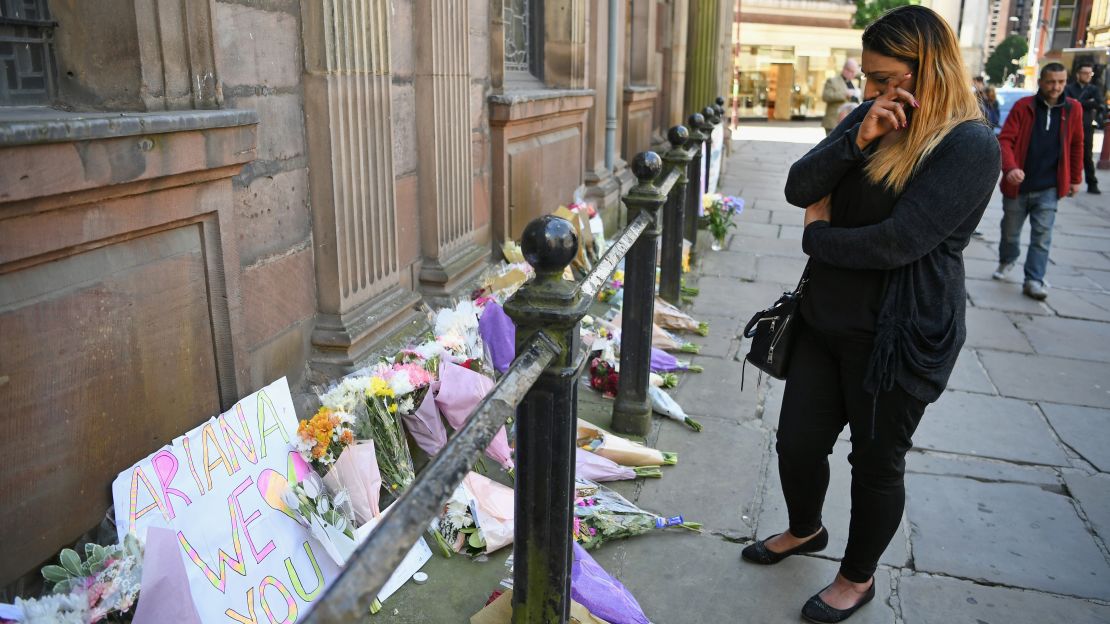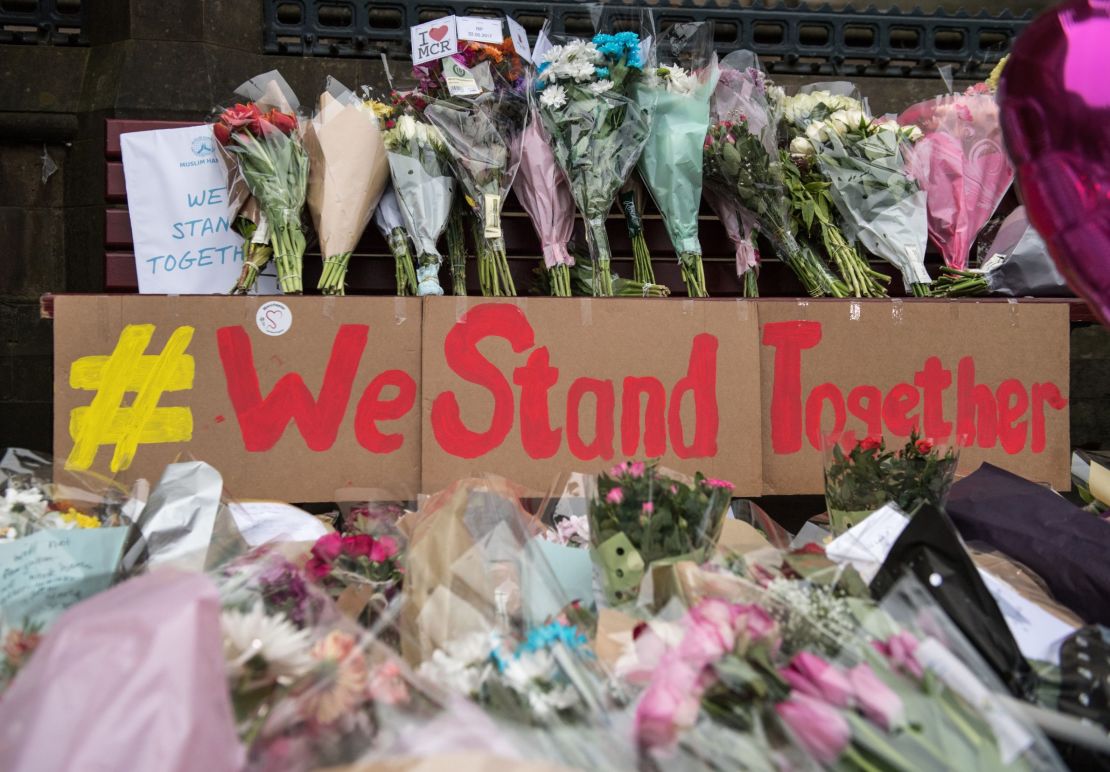Britain’s security services missed opportunities to prevent the terror attack that killed 22 people at an Ariana Grande concert in Manchester in May 2017, a parliamentary report concluded Thursday.
According to the report published by Parliament’s Intelligence and Security Committee (ISC), MI5 moved “too slowly” after the case of bomber Salman Abedi had been flagged for review.
The report, which also examined the response to other terror attacks to hit the country in 2017, highlighted a litany of errors made by police and security services, including MI5’s decision not to place travel restrictions or monitoring on Abedi, meaning he was able to return to Britain from Libya to carry out the attack.
“What we can say is that there were a number of failures in the handling of Salman Abedi’s case and while it is impossible to say whether these would have prevented the devastating attack, we have concluded that, as a result of the failings, potential opportunities to prevent it were,” ISC chairman Dominic Grieve said in a statement.

The findings of the report make grim reading for the security services. It found that:
- Abedi visited an extremist in prison on more than one occasion but security services took no action.
- No travel or monitoring restrictions were placed on Abedi, allowing him to travel back to Britain from Libya to carry out the attack.
- MI5 systems moved “too slowly” after Abedi’s case had been flagged for review.
- Abedi was not placed on the Prevent anti-terror program.
- There were deficiencies in MI5’s system for monitoring individuals of interest not currently under active investigation.
- The system for regulating and reporting purchases of ingredients to make explosives was “hopelessly out of date.”

The ISC reviewed the security response to five terror attacks to hit Britain in 2017 in which 36 people were killed.
In addition to the attack in Manchester, five people were killed in Westminster in March last year, eight at London Bridge in June and one at London’s Finsbury Park district in the same month.
In September last year, 51 people were injured when a bomb partially exploded on a London Underground train at Parsons Green in west London.
While Grieve acknowledged that both MI5 and Britain’s counterterrorism police have been “thorough in their desire to learn from past mistakes,” he warned that words were not enough.
“The lessons from last year’s tragic events must now result in real action,” he added.



















